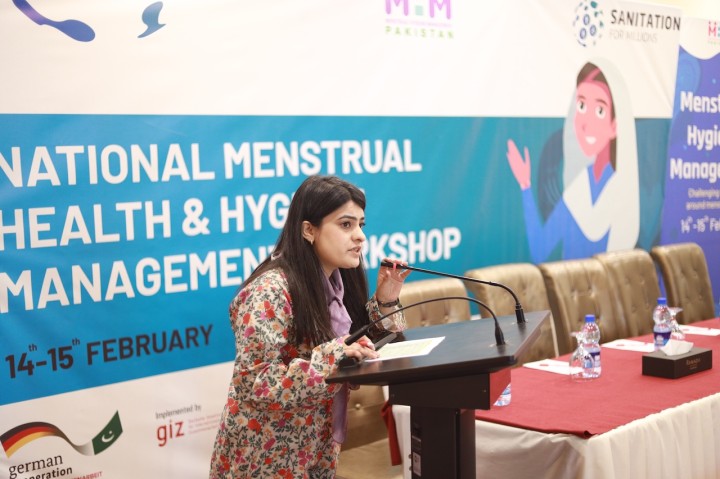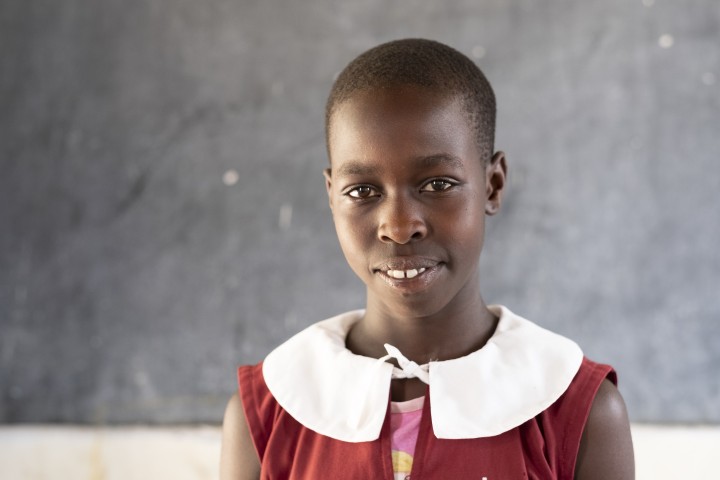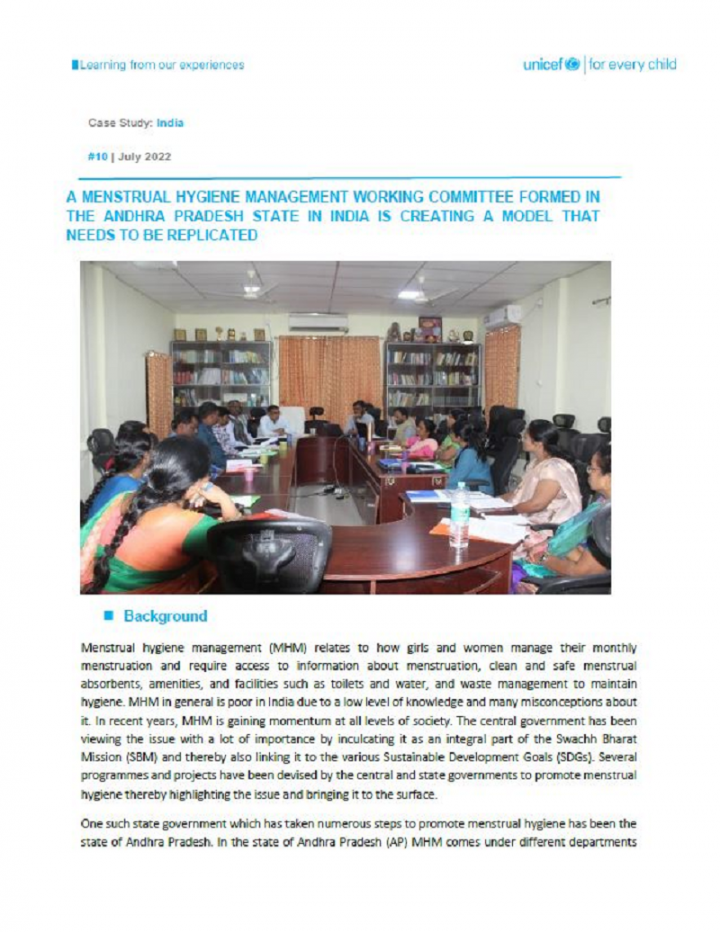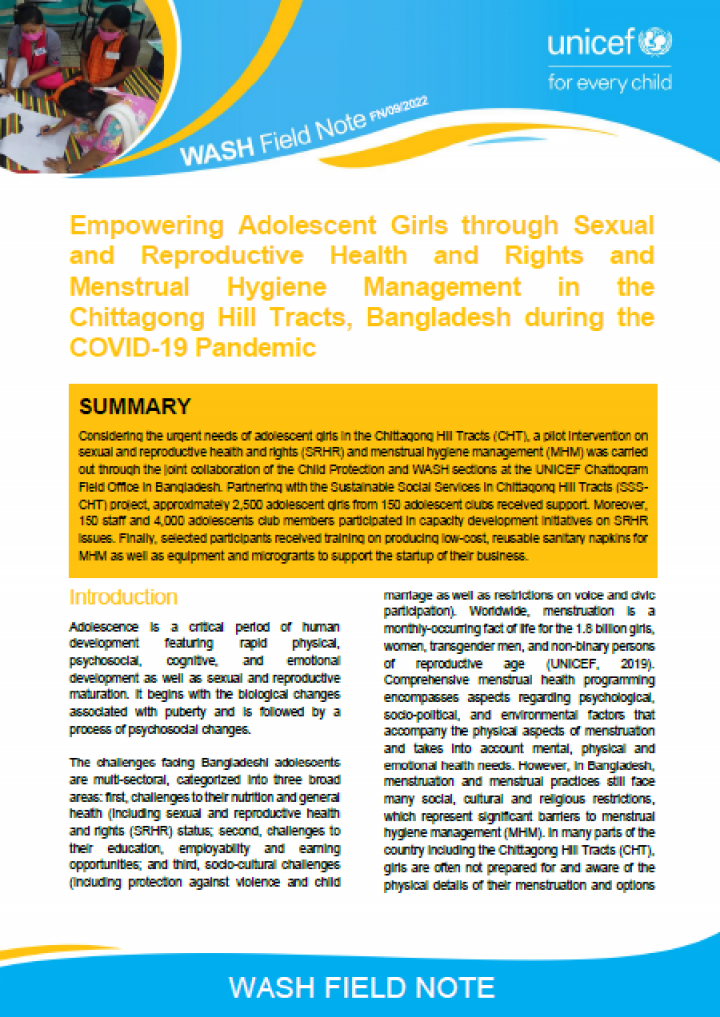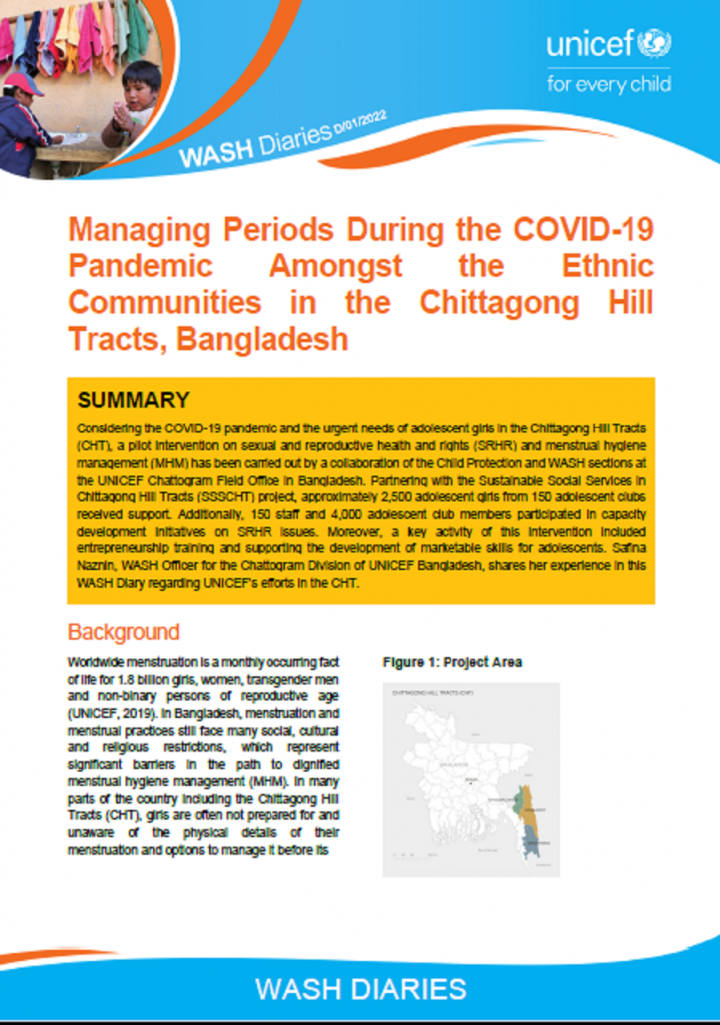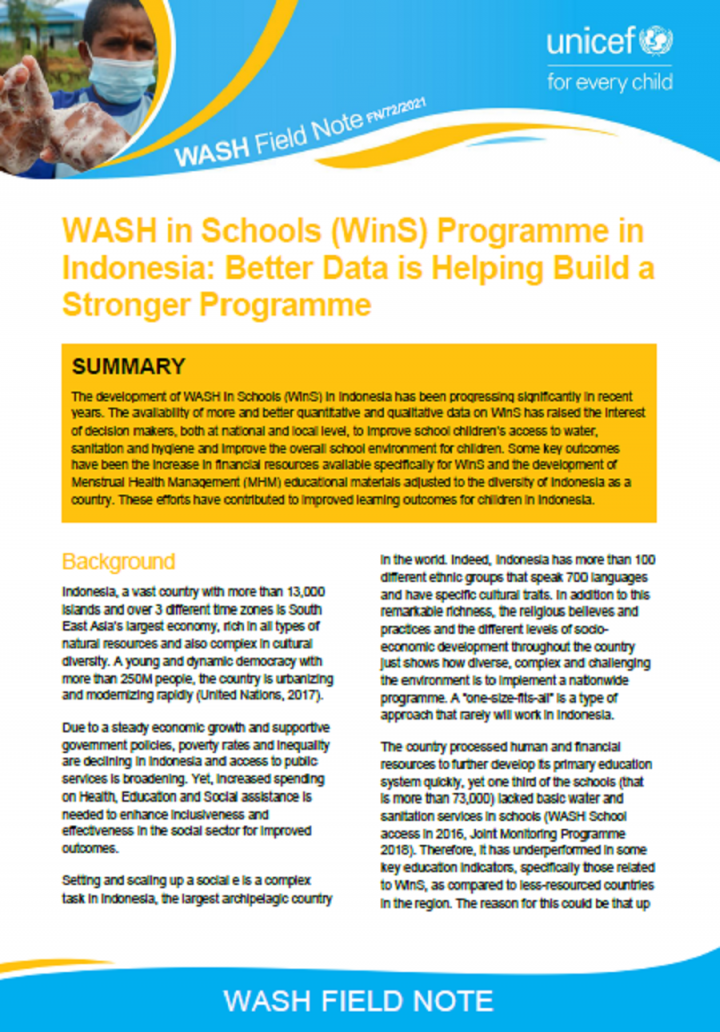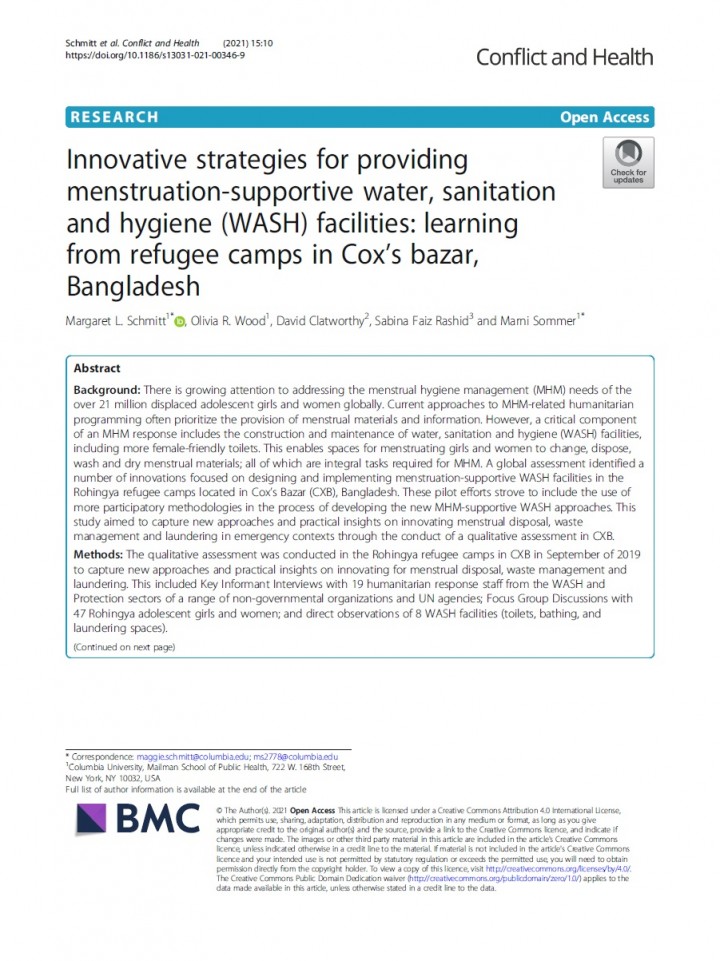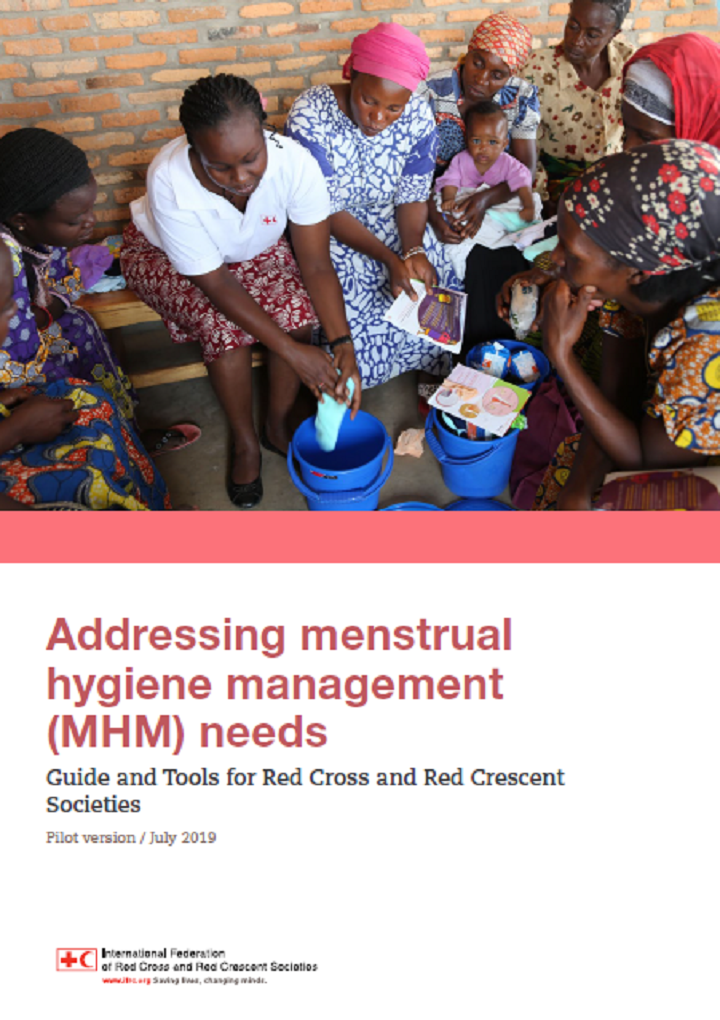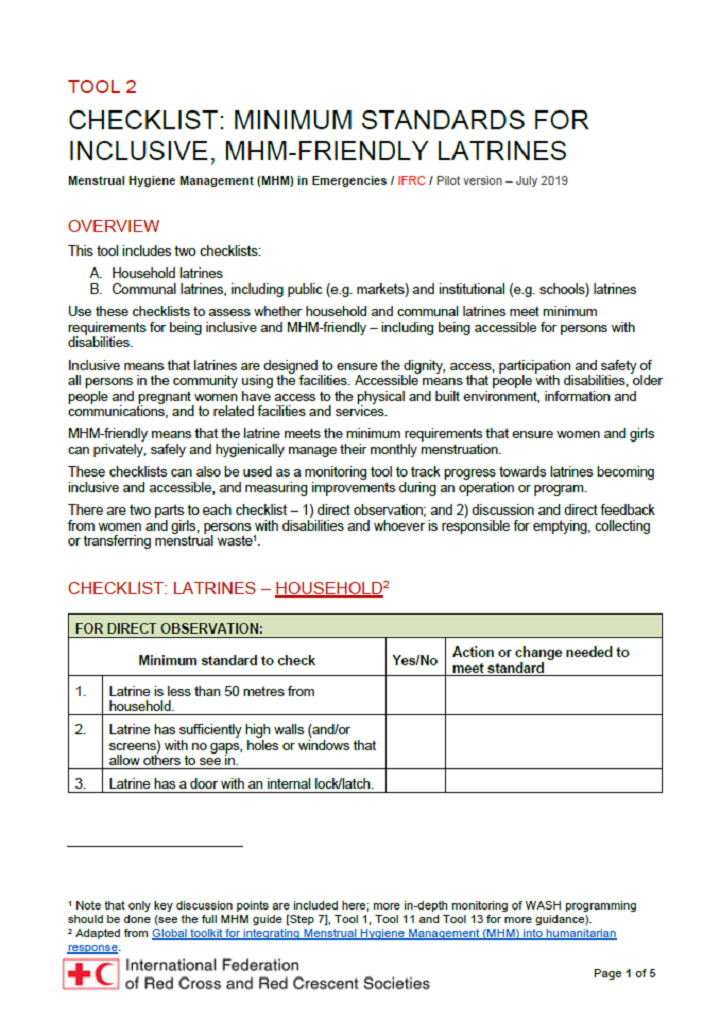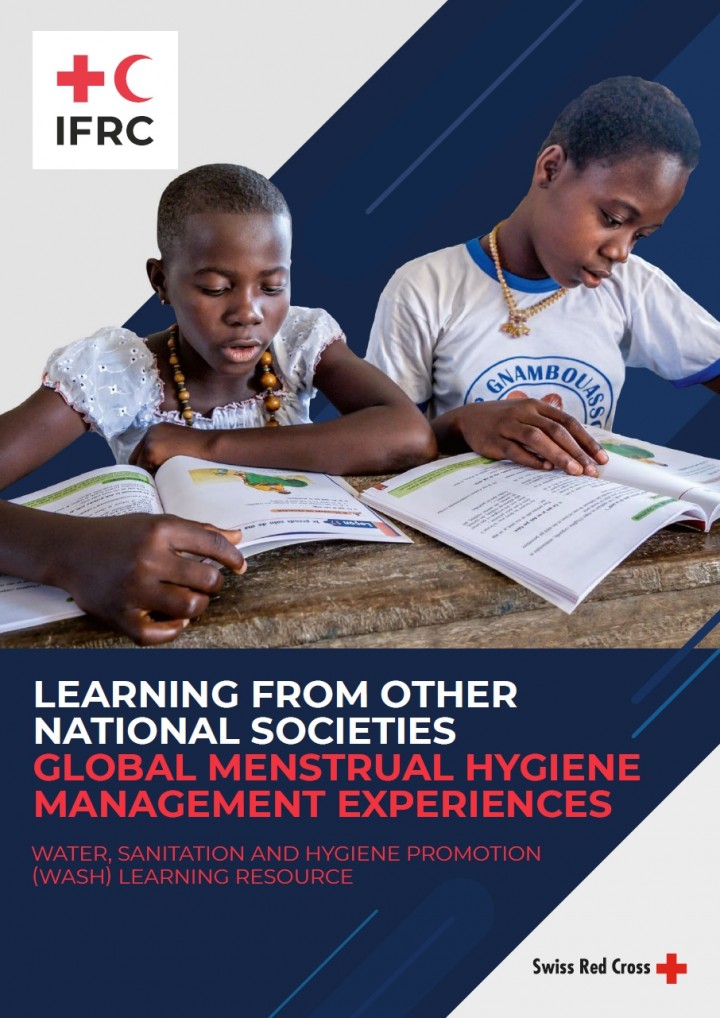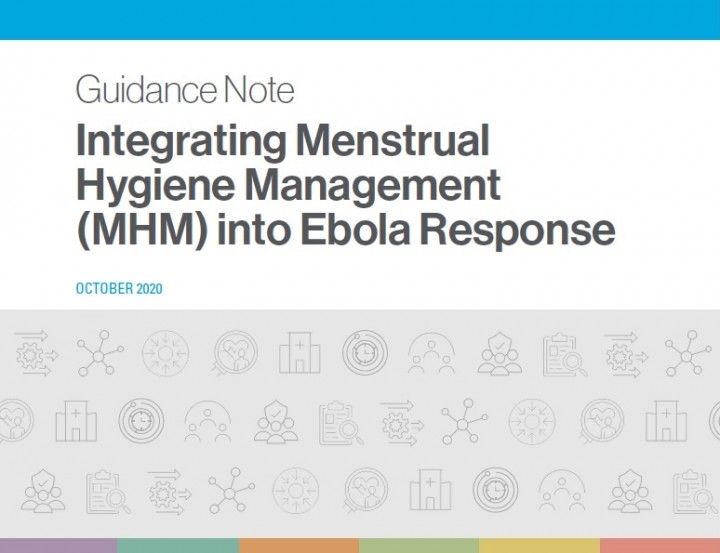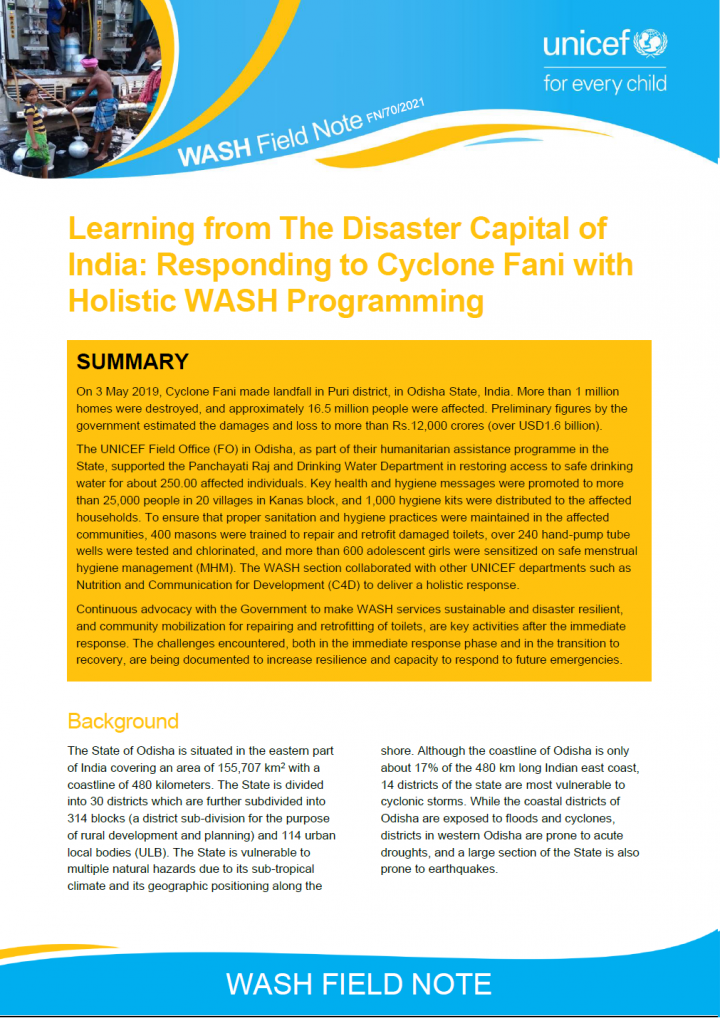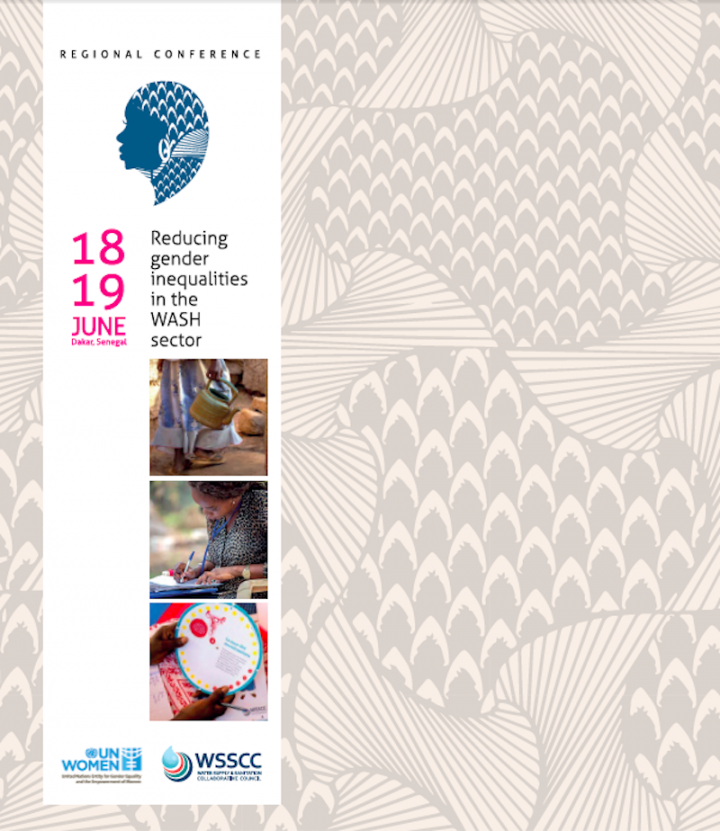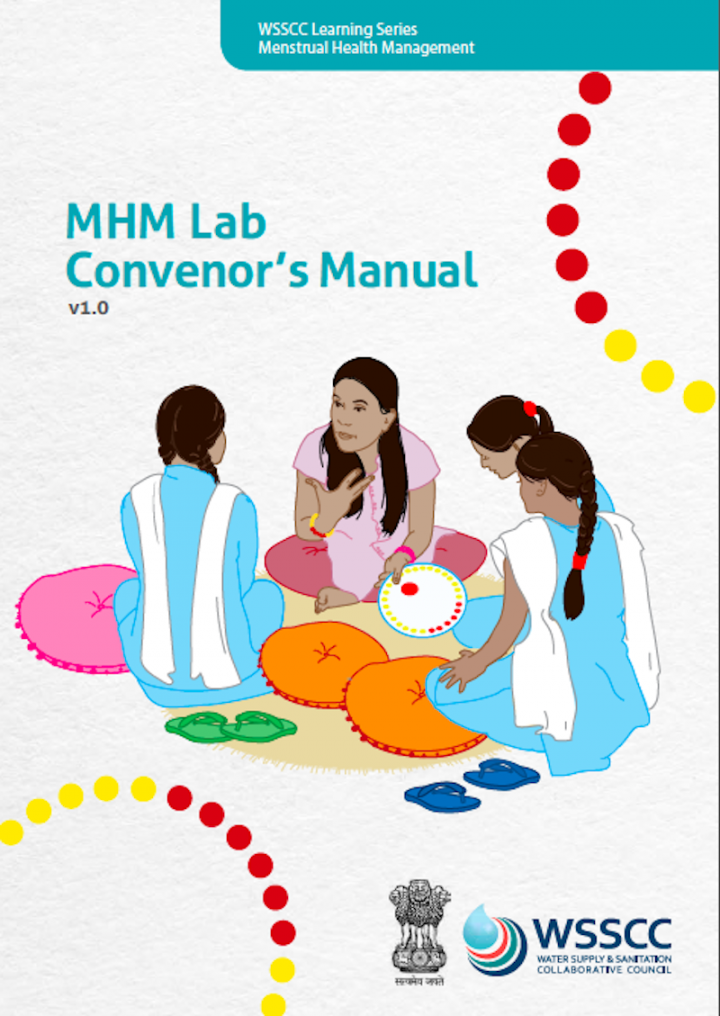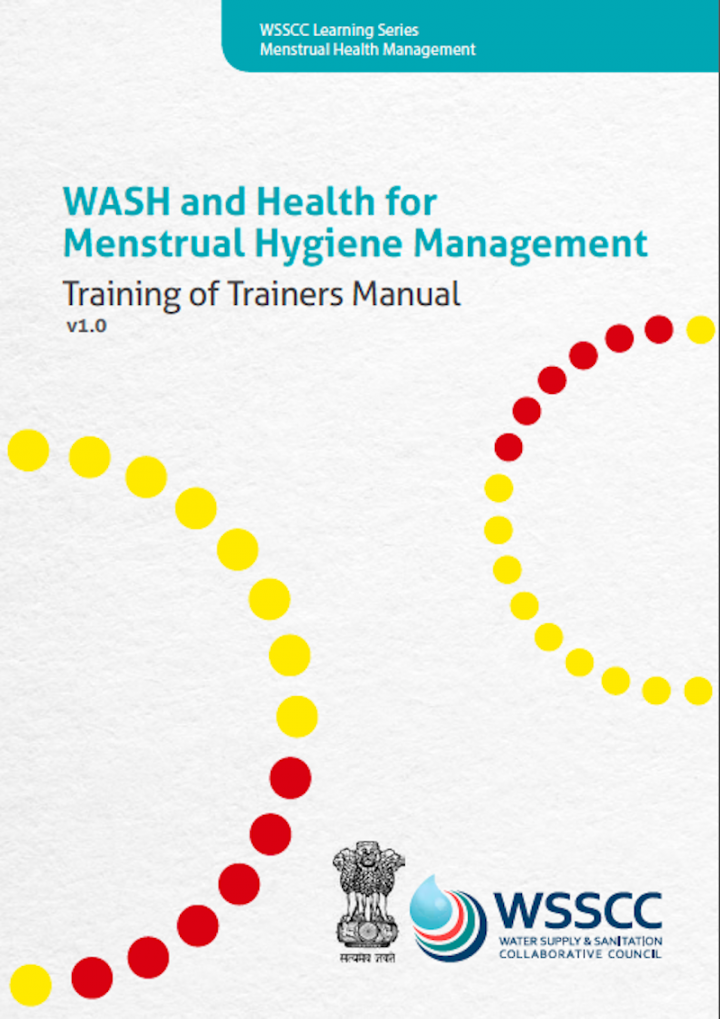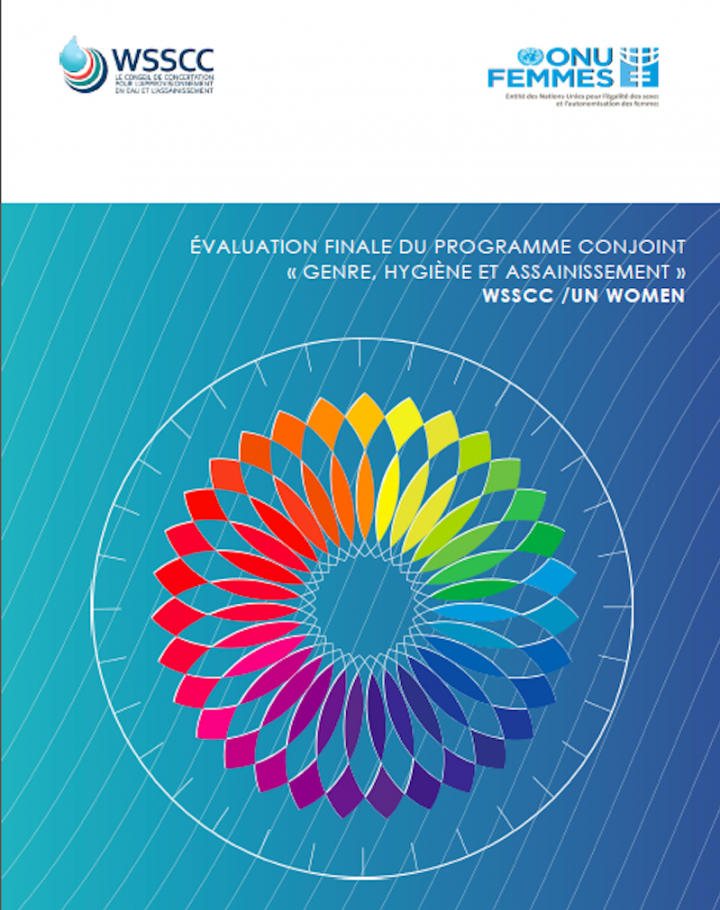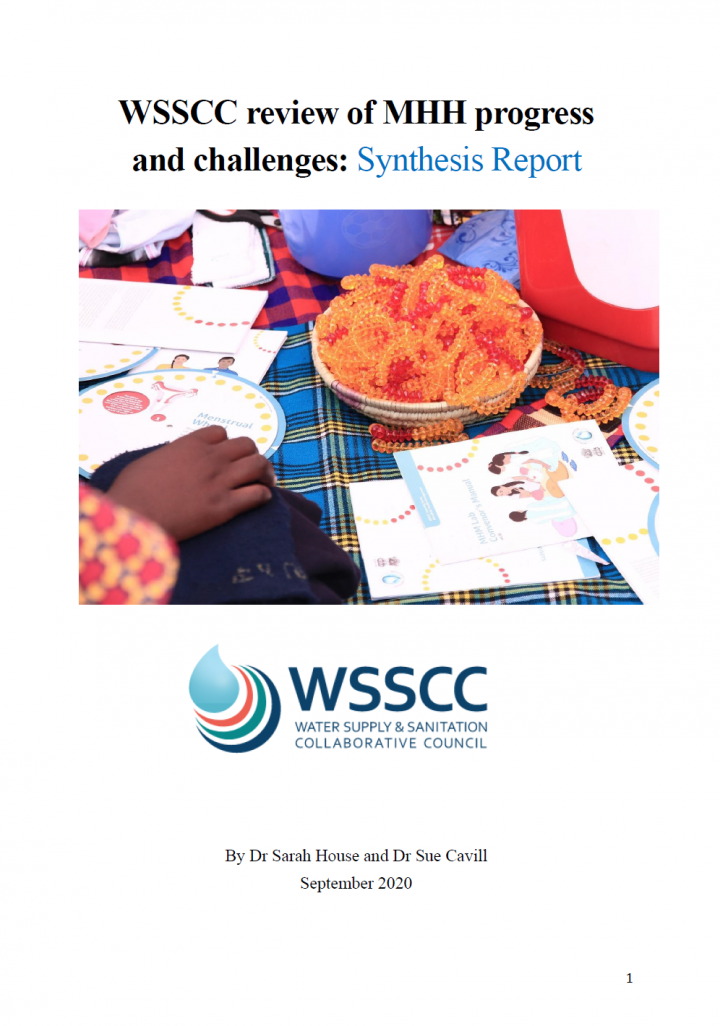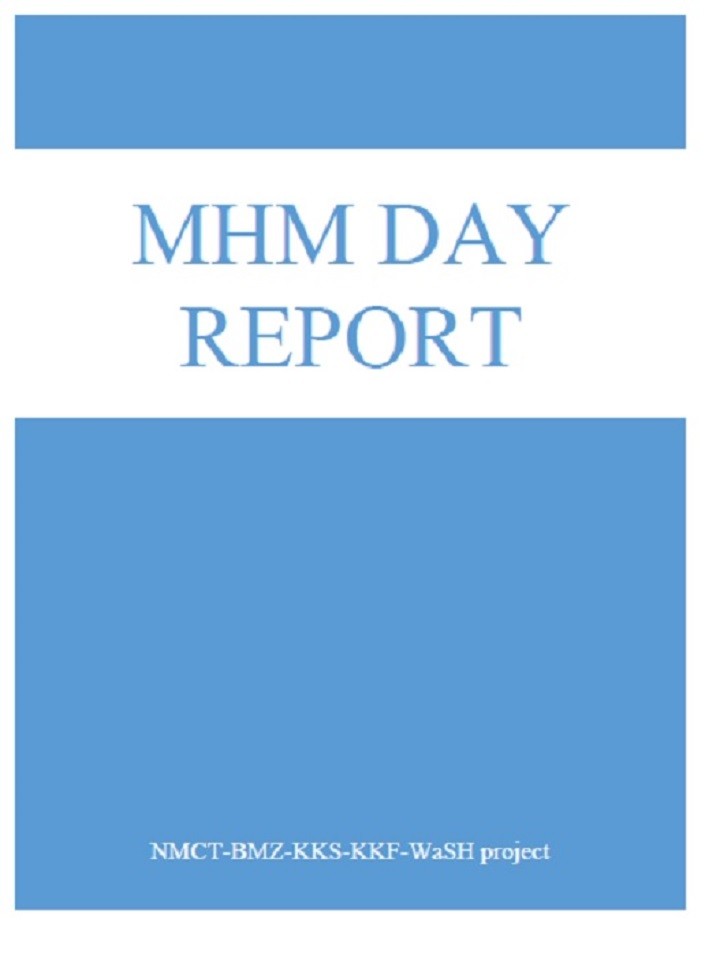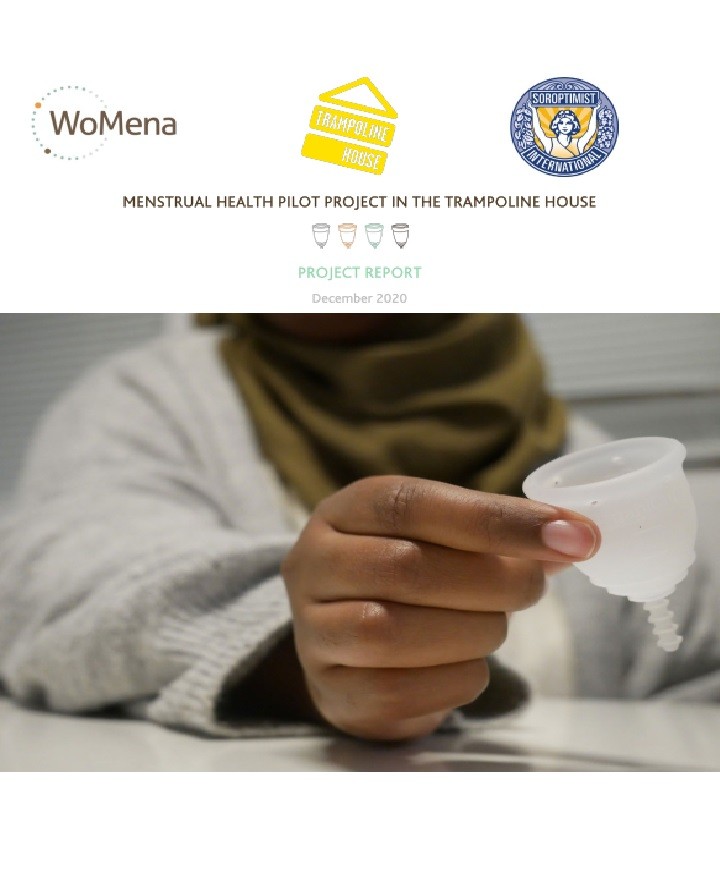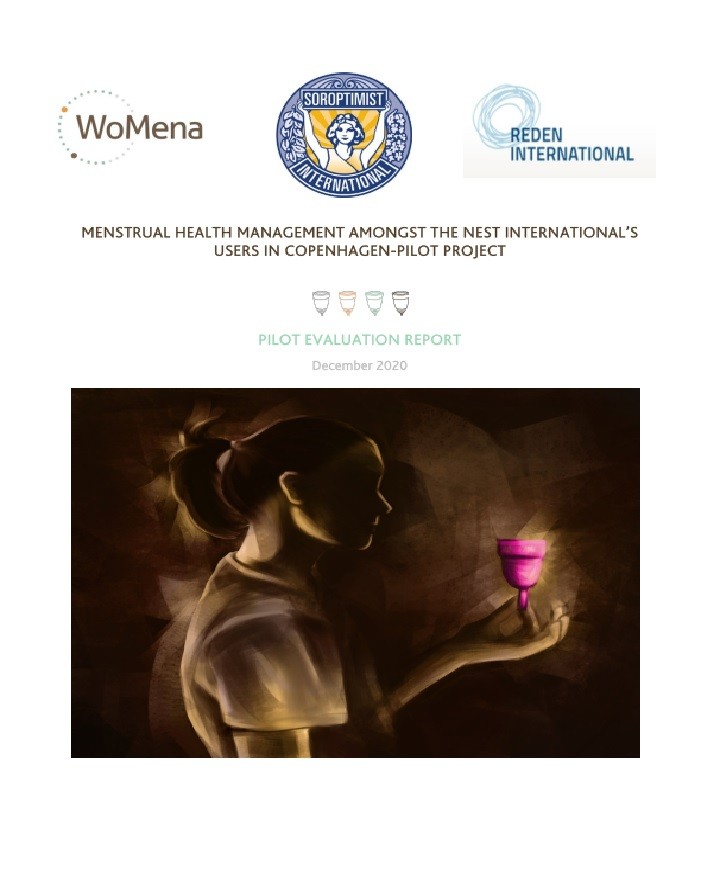Sanitation for Millions (2024) Service Offer: Menstrual Hygiene Management – Advocacy on Policy Level and Cooperation with the Private Sector
This service offer contributes to the achievement of various Sustainable Development Goals (SDGs), particularly SDG 6.2 (equitable sanitation), SDG 3 (good health), SDG 4 (quality education), and SDG 5 (gender equality). It focuses on Menstrual Hygiene Management (MHM) at the policy level and in cooperation with the private sector. It provides an overview of essential background information, critical minimum standards, and the necessary steps for implementation. […]
Sanitation for Millions (2024) Service Offer: Menstrual Hygiene Management – Awareness Raising and Knowledge Sharing in Public Institutions
This service offer contributes to the achievement of multiple Sustainable Development Goals (SDGs), particularly SDG 6.2 (equitable sanitation), SDG 3 (good health), SDG 4 (quality education), and SDG 5 (gender equality). It focuses on Menstrual Hygiene Management (MHM) at the community level, especially in public institutions. It provides essential background information, critical minimum standards, and the necessary steps for implementation. The content is informed by the […]
Selvaraj, J. (2022) A MENSTRUAL HYGIENE MANAGEMENT WORKING COMMITTEE FORMED IN THE ANDHRA PRADESH STATE IN INDIA IS CREATING A MODEL THAT NEEDS TO BE REPLICATED
Menstrual hygiene management (MHM) relates to how girls and women manage their monthly menstruation and require access to information about menstruation, clean and safe menstrual absorbents, amenities, and facilities such as toilets and water, and waste management to maintain hygiene. MHM in general is poor in India due to a low level of knowledge and many misconceptions about it. In recent years, MHM is gaining […]
S. Naznin, F. J. Deepa (2022) Empowering Adolescent Girls through Sexual and Reproductive Health and Rights and Menstrual Hygiene Management in the Chittagong Hill Tracts, Bangladesh during the COVID-19 Pandemic
Considering the urgent needs of adolescent girls in the Chittagong Hill Tracts (CHT), a pilot intervention on sexual and reproductive health and rights (SRHR) and menstrual hygiene management (MHM) was carried out through the joint collaboration of the Child Protection and WASH sections at the UNICEF Chattogram Field Office in Bangladesh. Partnering with the Sustainable Social Services in Chittagong Hill Tracts (SSSCHT) project, approximately 2,500 […]
UNICEF (2022) Managing Periods During the COVID-19 Pandemic Amongst the Ethnic Communities in the Chittagong Hill Tracts, Bangladesh
Considering the COVID-19 pandemic and the urgent needs of adolescent girls in the Chittagong Hill Tracts (CHT), a pilot intervention on sexual and reproductive health and rights (SRHR) and menstrual hygiene management (MHM) has been carried out by a collaboration of the Child Protection and WASH sections at the UNICEF Chattogram Field Office in Bangladesh. Partnering with the Sustainable Social Services in Chittagong Hill Tracts […]
R. Hendrawan, A. Thomas, I. Amongin, S. Gaya, J. Figueras (2022) WASH in Schools (WinS) Programme in Indonesia Better Data is Helping Build a Stronger Programme
The development of WASH in Schools (WinS) in Indonesia has been progressing significantly in recent years. The availability of more and better quantitative and qualitative data on WinS has raised the interest of decision makers, both at national and local level, to improve school children’s access to water, sanitation and hygiene and improve the overall school environment for children. Some key outcomes have been the […]
Schmitt, M.L., Wood, O.R., Clatworthy, D., Rashid, S. F., Sommer, M. (2021) Innovative Strategies for Providing Menstruation-Supportive Water, Sanitation and Hygiene (WASH) Facilities: Learning from Refugee Camps in Cox’s Bazar, Bangladesh
There is growing attention to addressing the menstrual hygiene management (MHM) needs of the over 21 million displaced adolescent girls and women globally. Current approaches to MHM-related humanitarian programming often prioritize the provision of menstrual materials and information. However, a critical component of an MHM response includes the construction and maintenance of water, sanitation and hygiene (WASH) facilities, including more female-friendly toilets. This enables spaces […]
IFRC (2019) Menstrual Hygiene Management Guideline and Tools
Menstrual hygiene management, or MHM, refers to a range of actions and interventions that ensure that people who menstruate can privately, safely and hygienically manage their menstruation with confidence and dignity. MHM is not only about distributing pads or providing education to girls. Effective MHM actions have three main components: i) MHM materials and supportive items, ii) Private, safe and appropriate WASH facilities, and iii) […]
IFRC (2019) Checklist: Minimum Standards for Inclusive, MHM-Friendly Latrines
This tool includes checklists for (1) household latrines, (2) communal latrines, including public (e.g. markets) and institutional (e.g. schools) latrines to assess whether household and communal latrines meet minimum requirements for being inclusive and MHM-friendly – including being accessible for persons with disabilities.
IFRC (2020) Learning from Other National Societies. Global Menstrual Hygiene Management Experiences Water, Sanitation and Hygiene Promotion (WASH) Learning Resource
This learning document is a collection of experiences from Red Cross Red Crescent National Societies in menstrual hygiene management (MHM). Experiences from both emergency contexts and long-term programming are included. The aim is to give practical “how to” recommendations, tips that National Societies have learnt, and tools developed through implementing MHM programmes which others can learn from, adapt, and apply in their own MHM actions. […]
Gruer, C., Utami, D., Schmitt, M., Sommer, M. (2020) Guidance Note: Integrating Menstrual Hygiene Management (MHM) into Ebola Response
The Guidance Note: Integrating Menstrual Hygiene Management (MHM) into Ebola Response aims to provide streamlined guidance and practical insights to support Ministries of Health, organizations and agencies seeking to integrate menstrual hygiene management (MHM) into their Ebola Virus Disease (EVD) response. This guidance note was informed by a global desk review and key informant interviews with global experts involved in a range of EVD response […]
UNICEF (2021) Learning from The Disaster Capital of India: Responding to Cyclone Fani with Holistic WASH Programming
On 3 May 2019, Cyclone Fani made landfall in Puri district, in Odisha State, India. More than 1 million homes were destroyed, and approximately 16.5 million people were affected. Preliminary figures by the government estimated the damages and loss to more than Rs.12,000 crores (over USD1.6 billion). The UNICEF Field Office (FO) in Odisha, as part of their humanitarian assistance programme in the State, supported […]
WSSCC (2018) Reducing Gender Inequalities in the WASH Sector
Building on a human right-based approach, the Gender,Hygiene and Sanitation (GHS) Joint Programme, implemented by the Water Supply and Sanitation Collaborative Council (WSSCC) and the United Nations Entity for Gender Equality and the Empowerment of Women (UN Women), intends to support governments in assessing their policies, guidelines and budgets to better reflect women’s and girls’ rights and specific needs for water supply and sanitation. The GHS […]
WSSCC (2019) MHM Lab Convenor’s Manual
The MHM Lab’s aim is simple: to transform menstruation into a matter of pride and help women and girls stop suffering in silence. By enabling safe and hygienic menstrual management (MHM), as well as safe reuse and/or disposal of menstrual hygiene products, the Lab allows women and girls to regain control of a basic but fundamental part of their well-being. Creating a welcoming yet efficient […]
WSSCC (2018) MHM Training of Trainers Manual
This Manual has been developed for trainers of WASH and for health practitioners, to enable them to speak confidently about an issue that is regularly shrouded in silence, and which impacts upon women and girls health, education and livelihoods. The Manual includes a series of learning units (LUs), which are aimed at teaching practitioners how to improve menstrual hygiene for women and girls. It covers […]
WSSCC (2018) WSSCC/UN Women Joint Programme Evaluation on Gender, Hygiene and Sanitation from 2014 to 2018 & Response
From 2014 to 2018 the Water Supply and Sanitation Collaborative Council (WSSCC) and UN Women implemented the Joint Programme on Gender, Hygiene and Sanitation. The objective of the programme was to support governments with the design of inclusive and evidence-based policies in the water and sanitation sector with special attention to the needs of women and girls. The programme used Menstrual Hygiene Management (MHM), a […]
House, S., Cavill, S. (2020) WSSCC Review of MHH Progress and Challenges: Synthesis Report
This report explores the current situation of MHH in selected focus countries, reflecting on the recent progress made and the remaining challenges. The three in-depth country studies looked at progress at three levels: a) nationally; b) progress catalysed with the support of WSSCC funding (outside of the Global Sanitation Fund, GSF); and c) progress achieved through the GSF-supported programmes. The report considers MHM progress in […]
NMCT, KKF (2021) MHM Day Report
The Native Medicare Charitable Trust (NMCT), the Bundesministerium für wirtschaftliche Zusammenarbeit (BMZ), the Karl Kübel Foundation (KKF) and the Karl Kübel Stiftung (KKS) organized various programmes due to MHM day celebration. They created a theme for MHM day 2021, which was “Time to celebrate our Womenhood”. Based on the theme they conducted a competition as well as various types of programmes to the adolescent girls. […]
Moore, J. (2021) Menstrual Health Pilot Project in the Trampoline House
Female asylum seekers and refugees face challenges in access to Sexual and Reproductive Health (SRH) care and face disproportionate outcomes. Menstrual Health Management (MHM) has also been noted as a concern, particularly relating to a lack of knowledge and access to appropriate management methods. Implications for poor MHM are wide reaching, but there is little data relating to MHM and female refugees and asylum seekers […]
Sørensen, K. H., Kurp, A. (2021) Menstrual Health Management amongst the Nest International’s Users in Copenhagen-Pilot Project
Foreign sex workers in Denmark are triply marginalised - due to their profession, legal status, as well as in matters related to menstruation. This pilot project aimed to assess the acceptability of the menstrual cup (MC) as well as education in menstrual health management (MHM) amongst 26 women from this group using the 'Nest International’' centre, who volunteered to be part of the project. They […]
